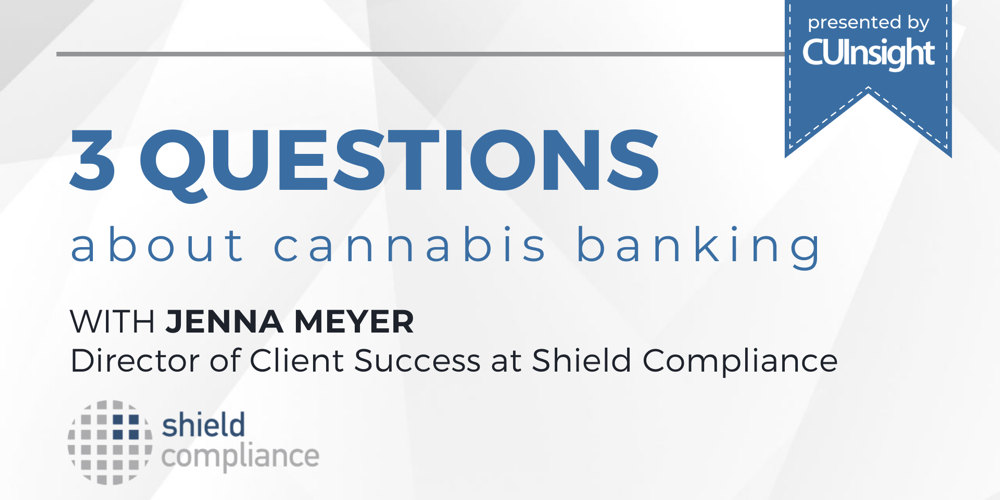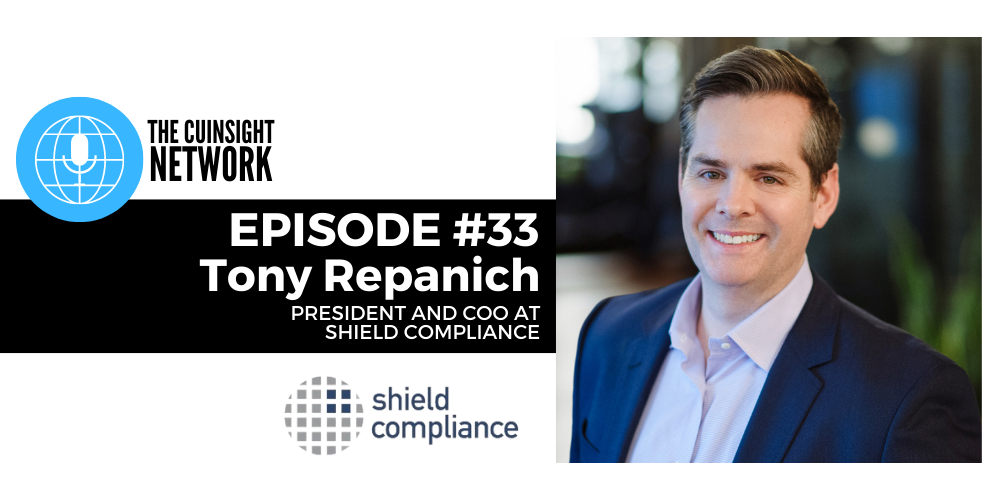With Tax Day just around the corner, Shield spoke to Neil Rosenfield, a CPA with Baker Tilly, about Section 280E of the Internal Revenue Code – specifically about how it impacts cannabis-related businesses (CRBs) and what the credit unions that serve them or are considering serving them, should know about this controversial and complicated tax code.
What is the 280E tax code and how does it affect the cannabis industry?
Neil Rosenfield (NR): Section 280E of the Internal Revenue Code prohibits taxpayers who are engaged in the business of trafficking certain controlled substances from deducting typical business expenses associated with those activities. Because cannabis is still considered a schedule one drug under the IRS tax grade, CRBs are subject to 280E. The only deductible expenses would be anything directly related to the cost of goods sold. Otherwise, no deductions are allowed for general and administrative (G&A), sales, or marketing expenses.
As a result, under 280E, CRBs are subject to increased taxation – which could be up to a 50% increase in their effective tax rate. The exact rate depends on the underlying entity and the type of CRB – whether it is retail, distribution, cultivation, etc. On the retail side, you’re basically buying, storing, and ultimately selling the product so there’s very little by way of cost of goods sold. On the other hand, on the cultivation and distribution side, you’re spending most of your money on producing products, so a lot more of your expenses are going to the cost of goods sold. Many operators don't realize the extent of this impact, so it can be a rude awakening when tax season comes around.
How does 280E impact credit unions serving the cannabis industry?
NR: Credit unions themselves are not subject to this tax code, but because the CRBs they serve are subject to excess taxes, they need to be aware of any loss of profitability or impact to their members’ cash flow, especially if they’re offering banking services such as lending. Compliance management tools can help bankers gain insights into their members’ accounts to understand any potential tax implications and mitigate against risk.
What are some common examples bankers may see in the financials or the entity structure of CRBs to reduce the impact of this taxation?
NR: We are seeing many of the big operators setting up management services companies to carve out certain parts of their business into other entities so they can more easily deduct expenses. Some of these clients are more aggressive than others in terms of how much of those management fees they deduct. This is an area that should be looked at carefully by bankers to make sure these businesses are operating compliantly.
What advice would you give bankers with CRB members?
NR: I don't expect bankers to be experts in 280E but as we’ve discussed, understanding the cash flows of CRBs is an important part of BSA/AML compliance. CPAs, advisors, and attorneys who understand the cannabis space and understand the nuances in the tax code can be helpful partners to the banking community.
Lastly, how aggressive is the IRS in the enforcement of 280E and do you see the tax code changing anytime soon?
NR: The IRS has stated they're going to be very aggressive in their enforcement of 280E. They set up a task force to do just this, but they have limited resources and so far, I haven't seen them able to fulfill their target in going after all these entities. When it does come down to an audit, I’ve seen them be reasonable and work with taxpayers if they have good documentation and records of how they are doing cost allocations. Changing the 280E tax code will require federal legislation and unfortunately, I don’t see that happening in the relatively near future.







